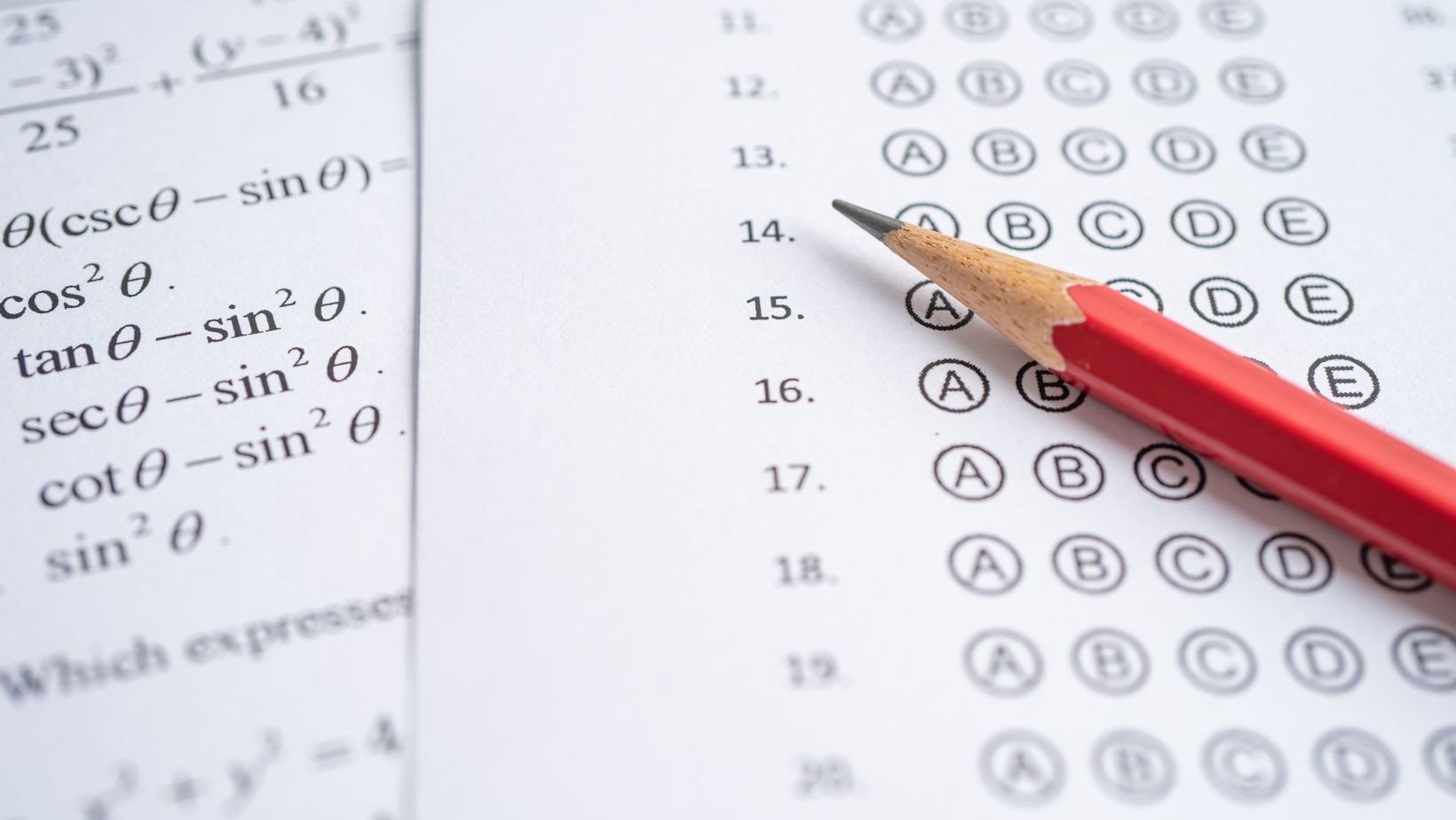Table of Contents
Liquor Exam Answers
Are you feeling overwhelmed by the upcoming liquor exam? Looking for a comprehensive study guide to help you ace it? Look no further! In this article, I’ll be sharing valuable insights and tips from my experience in the industry. Whether you’re a novice or an experienced bartender, this liquor exam study guide is designed to equip you with the knowledge and confidence needed to pass with flying colors.
The Liquor Exam Answers – Study Guide is specifically tailored to cover all aspects of the exam. From understanding different types of spirits and their production methods, to mastering cocktail recipes and mixology techniques, this guide has got you covered. It’s packed with essential information that will not only help you pass the exam but also enhance your overall bartending skills.
With a user-friendly format and organized sections, studying becomes effortless. Each chapter focuses on a specific topic, providing detailed explanations along with practice questions to test your understanding. Additionally, key terms are highlighted throughout the guide for quick reference and easy memorization.
Understanding the Basics of Liquor Exams
When it comes to preparing for liquor exams, having a solid understanding of the basics is crucial. Whether you’re studying for a bartender certification or just want to expand your knowledge in the world of spirits, this study guide will provide you with the answers you need.
- Know Your Terminology: One of the first steps in mastering liquor exams is familiarizing yourself with industry terminology. From different types of alcohol to cocktail recipes and mixology techniques, knowing the correct terms and their meanings will help you navigate through exam questions more confidently.
- Understand Alcohol Laws and Regulations: Liquor exams often include questions about laws and regulations pertaining to serving alcohol. Familiarize yourself with local, state, and federal regulations regarding age restrictions, hours of operation, responsible service practices, and licensing requirements. Being knowledgeable about these laws will not only help you ace your exam but also ensure that you are a responsible professional in the hospitality industry.
- Learn About Different Spirits: A significant part of any liquor exam involves identifying various spirits accurately. Take time to study different types of liquors such as whiskey, vodka, rum, tequila, gin, and others. Understand their production methods, flavor profiles, regions they originate from, and popular brands associated with each type.
- Master Cocktail Knowledge: Cocktails are an essential aspect of bartending expertise that often appears on liquor exams. Study classic cocktails like Martini’s Manhattan’s old fashioned etc., as well as trendy ones like mojitos or margaritas. Familiarize yourself with ingredients used in cocktails (liqueurs, fruits syrups etc.) along with proper measurements and garnishes.
- Practise Responsible Service Techniques: Liquor exams evaluate your ability to handle potentially challenging situations involving patrons who have had too much to drink or underage individuals attempting to purchase alcohol illegally.. Study techniques for identifying intoxicated customers or fake IDs while maintaining excellent customer service and respecting the law.

Preparing for the Liquor Exam
Creating a Study Schedule
When it comes to preparing for the Liquor Exam, creating a study schedule is crucial. It helps you stay organized and ensures that you cover all the necessary topics before the big day. Start by assessing how much time you have until the exam and break it down into manageable study sessions. Here are some tips to help you create an effective study schedule:
- Set realistic goals: Divide your study material into smaller sections and assign specific goals for each session. This will help you track your progress and stay motivated.
- Allocate dedicated time: Find a quiet and distraction-free environment where you can concentrate on studying. Designate specific time slots each day or week to focus solely on your liquor exam preparation.
- Mix up subjects: Avoid studying the same topic for long periods as it can lead to fatigue and reduced retention. Instead, alternate between different subject areas to keep things interesting.
- Take breaks: Incorporate short breaks into your study schedule to give your brain some rest. Use this time to relax, stretch, or grab a quick snack – it can greatly improve your concentration.
Choosing the Right Study Materials
Selecting appropriate study materials is essential for success in any exam, including the Liquor Exam. With so many resources available, it’s important to choose wisely to ensure that you are adequately prepared. Here are some factors to consider when selecting your study materials:
- Official textbooks or guides: Start with official textbooks or guides provided by reputable organizations responsible for conducting liquor exams. These resources often cover the required knowledge in depth and provide valuable insights into exam expectations.
- Online courses or tutorials: Supplementing traditional learning materials with online courses or tutorials can be highly beneficial. Look for reputable websites or platforms that offer interactive lessons, practice quizzes, and video explanations.
- Flashcards or mnemonic devices: Consider using flashcards or mnemonic devices to reinforce your understanding of key concepts and terms. These tools can be handy for memorizing important information.
- Practice exams: Practice exams are an excellent way to assess your knowledge and familiarize yourself with the exam format. Look for sample questions or past papers that simulate the real exam conditions.
Brian, the dedicated Editor and Education Enthusiast at Faspe, is a dynamic force breathing life into the realm of education. Grounded in pedagogical expertise and fueled by boundless passion, Brian enriches the team with extensive experience, curating resources that inspire educators and students alike. His unshakable faith in the transformative power of education propels individuals to reach for the stars on their educational journey.






